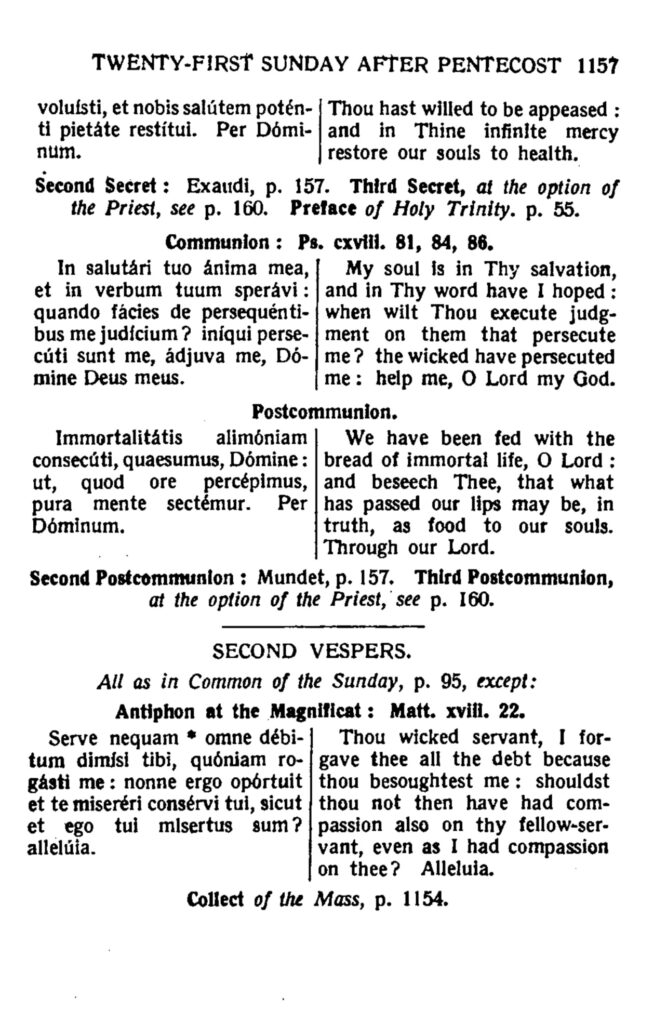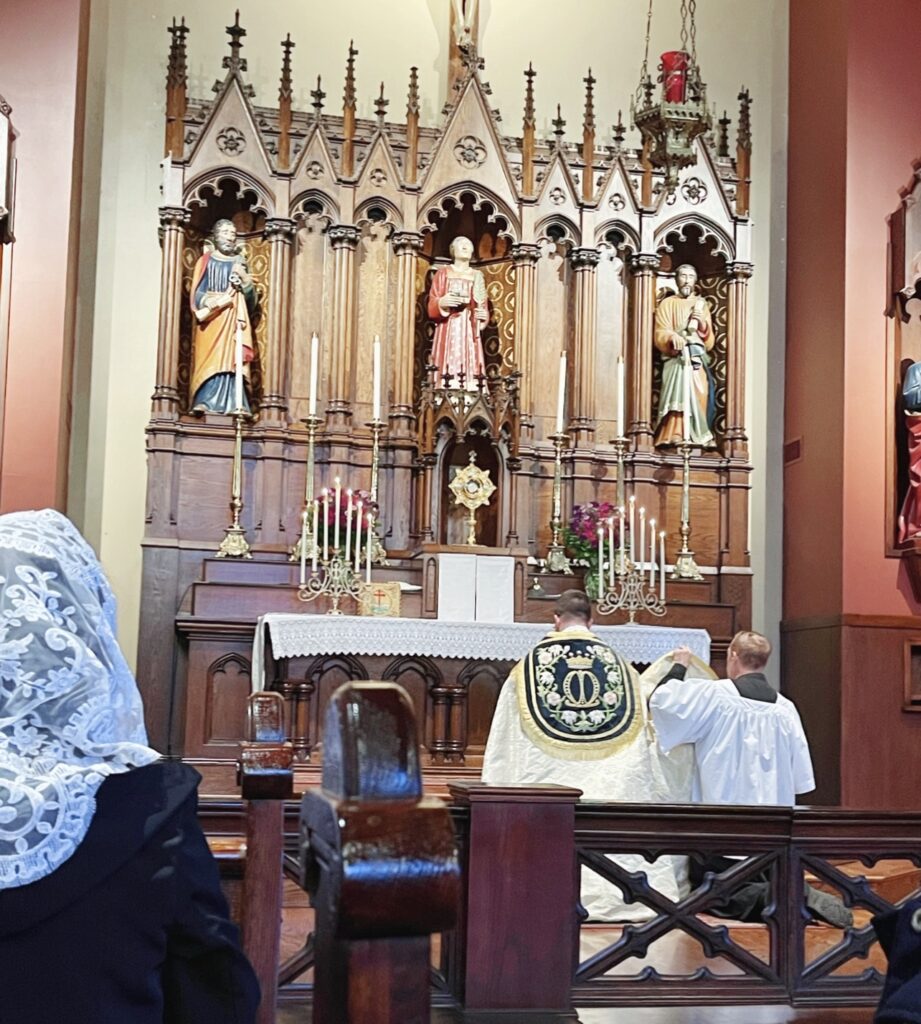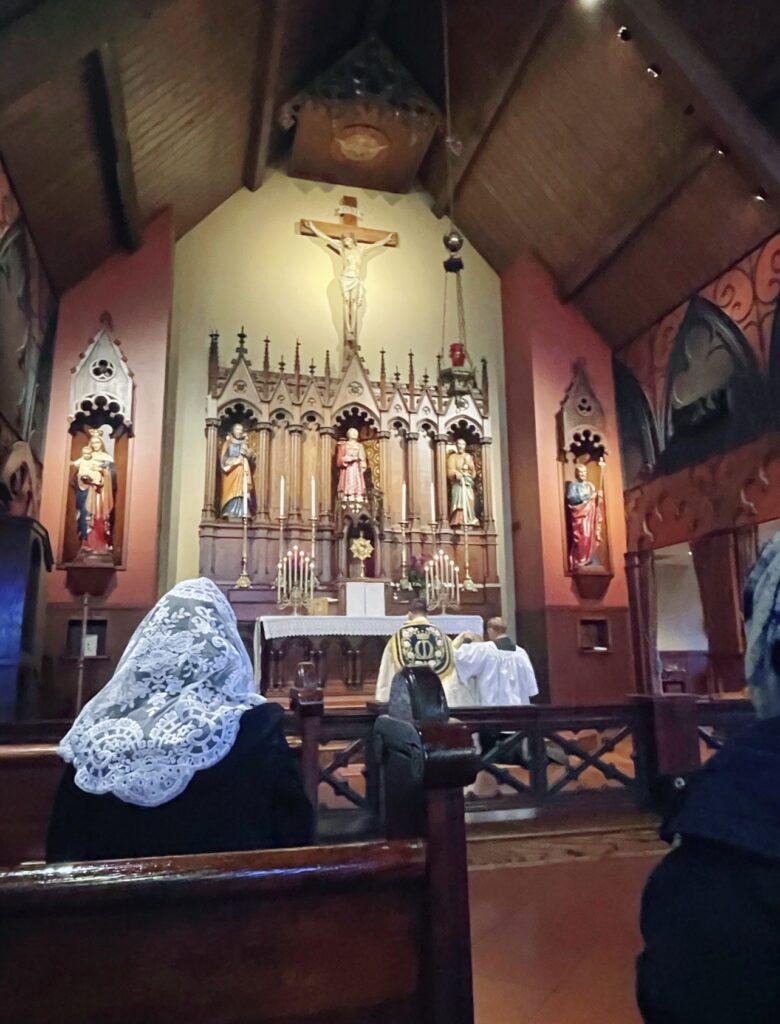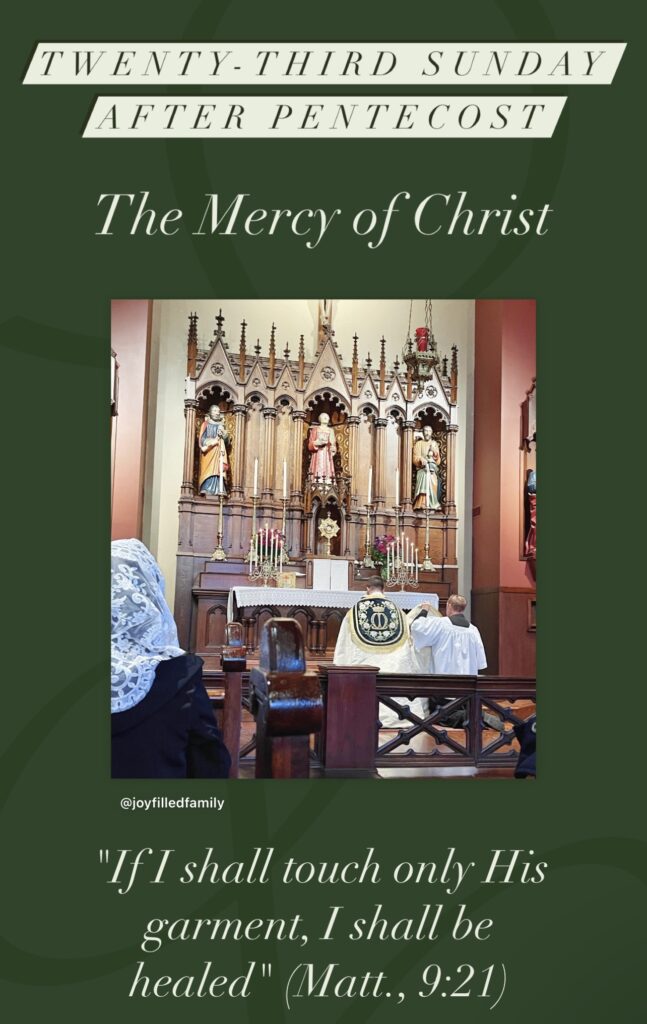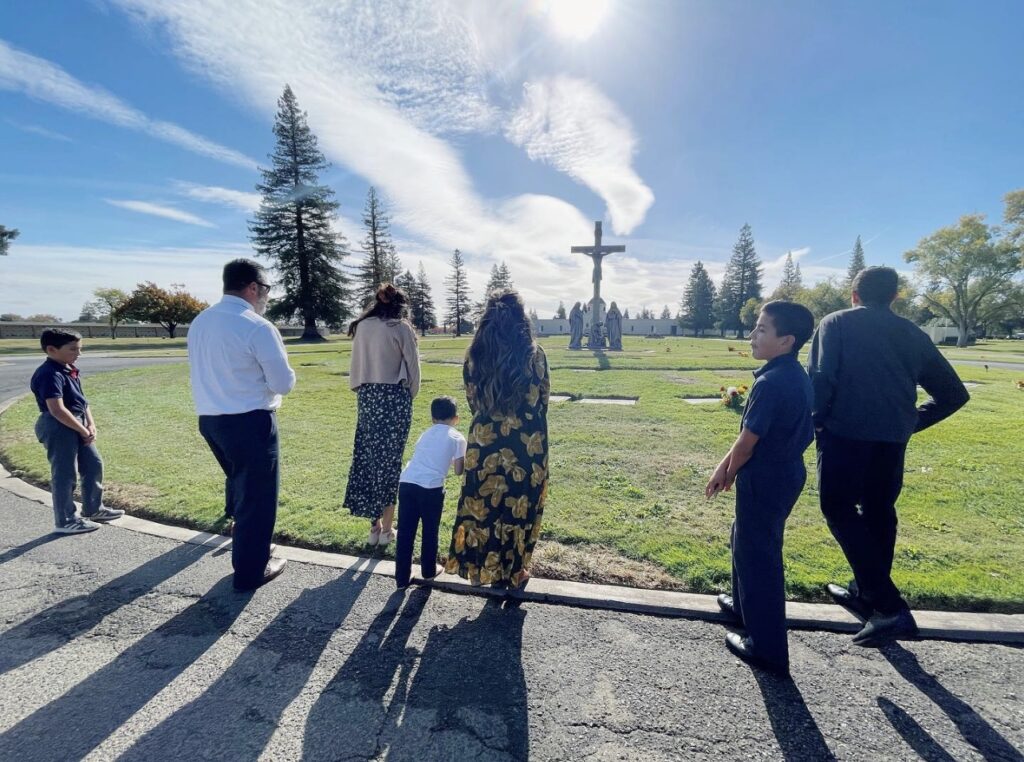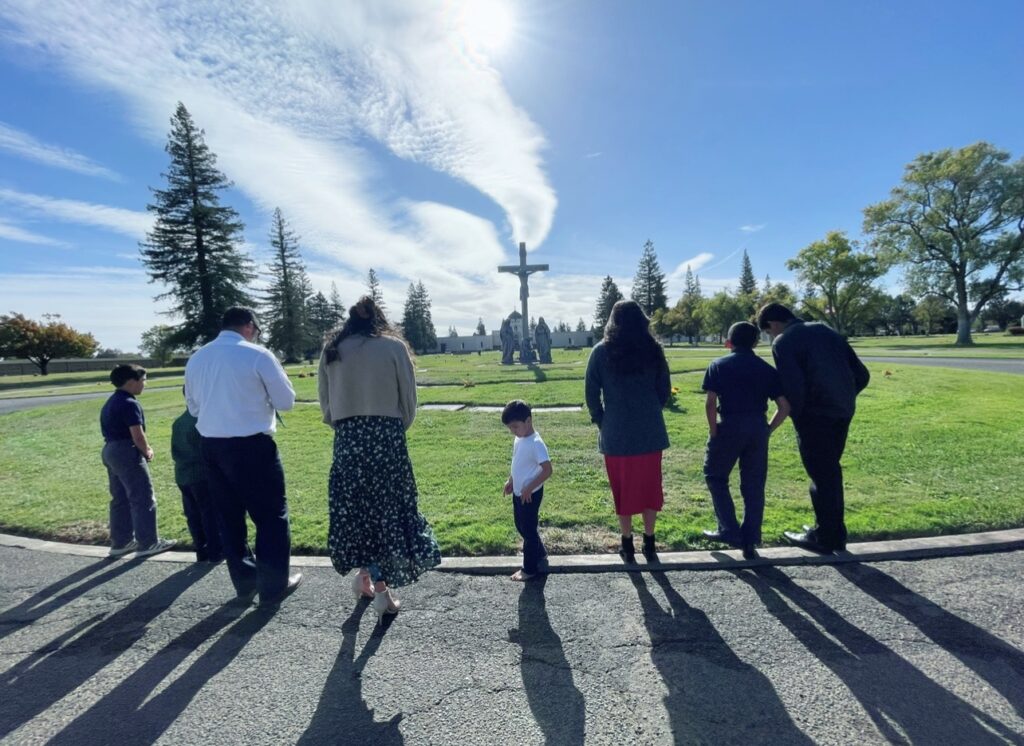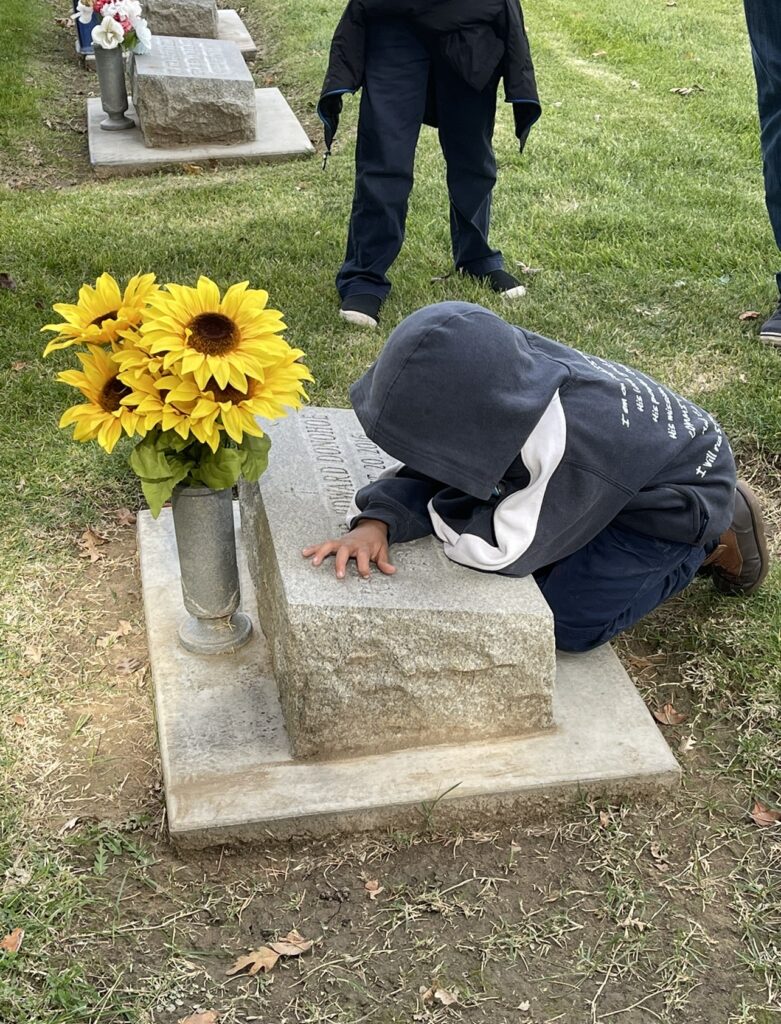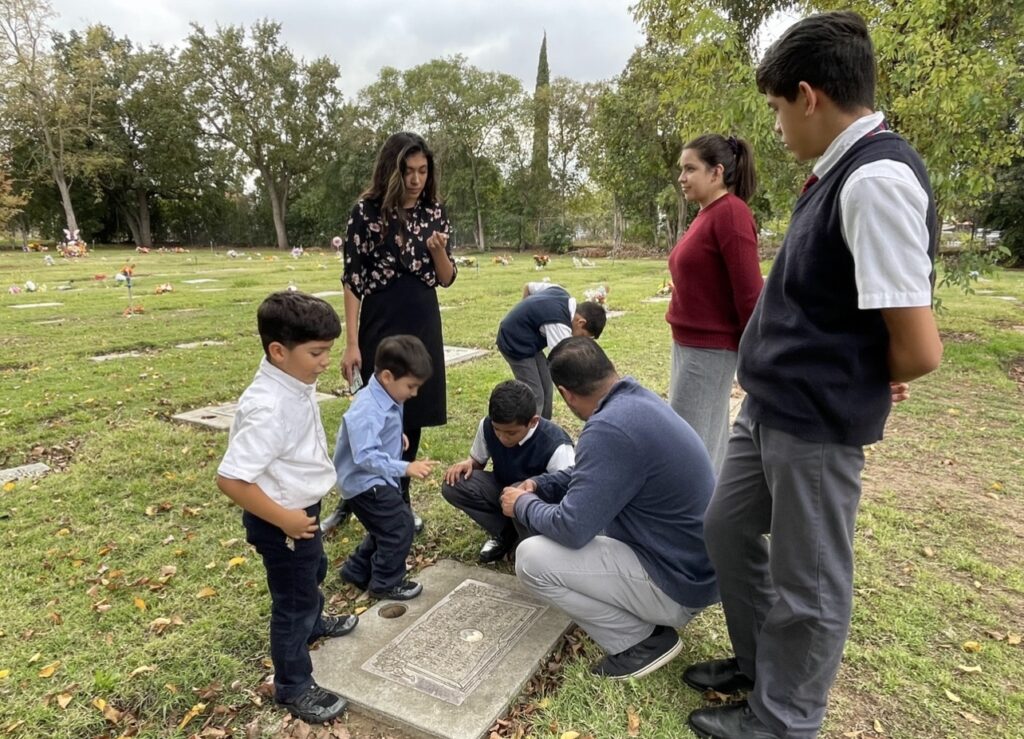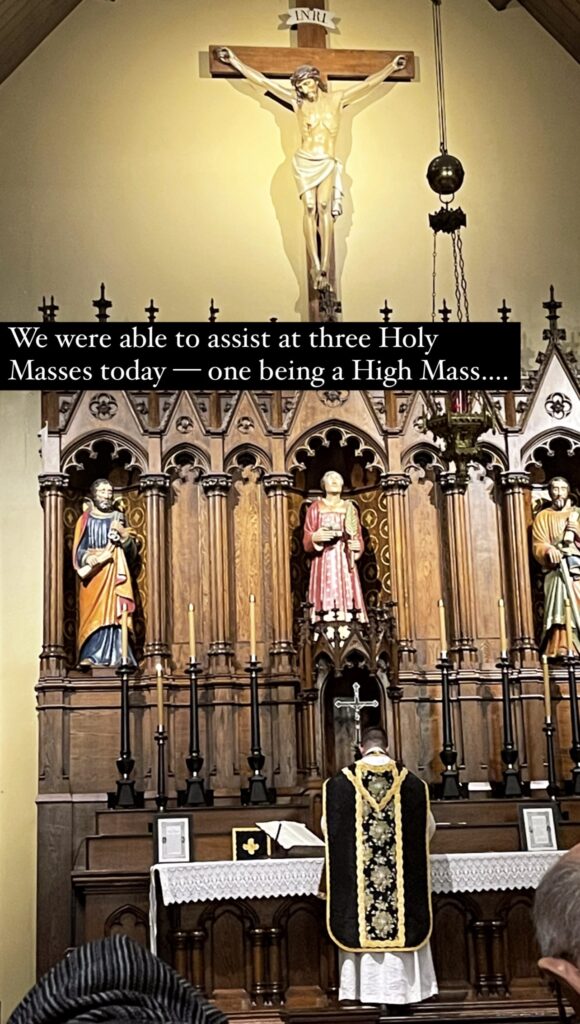The Sign of Contradiction
“Behold, this child is destined for the fall and for the rise of many in Israel, and for a sign that shall be contradicted” (Luke, 2:34)


The words of Simeon narrated in today’s Gospel are indeed mysterious. Jesus Christ came into the world to bring salvation to all men. He appeared on earth as a tiny infant, in order thereby to win more readily the love of his fellow men. The angels of heaven had proclaimed on the night of His birth that He had come to bring peace to mankind. Yet, when Mary and Joseph brought the Child Jesus to the temple for the ceremony of the presentation, the venerable Simeon, to whom God had revealed that this was truly the long-awaited Saviour, announced that this Child was set for the fall, as well as for the spiritual uplift of many.
We can understand how Christ was destined to bring this spiritual elevation to many, for He was to merit by His sufferings and death the grace of salvation for every member of the human race. But it seems strange to say that Christ is set for the fall of many human beings.
The explanation is that Our Saviour was destined to be the cause of spiritual resurrection for those who would accept His teachings and put them into practice in their lives; but He was to be the occasion of the spiritual fall of those who would reject His message. No one is forced to accept the graces which come so abundantly from the hands of our Divine Redeemer. To all men He gives sufficient grace for salvation; but many reject His lights and inspirations. For them He becomes a sign that is contradicted, and their punishment is greater in proportion to the measure of His graces they have rejected.
In the world around us at the present day, especially in the field of international politics, we see many who have rejected Christ and His teachings; and we see verified the prophecy that in this rejection of the Light of the world these persons are meeting their downfall. We can truly say that the greatest obstacles to peace in the world today are being placed by men who have no room for Jesus Christ in their souls. The most tragic feature is that many of these persons received Christian instruction in their youth.
Practical Application
On this Sunday, the last Sunday of the year, ask yourself honestly if you have tried to follow during the past twelve months the teachings of Our Saviour in all your conduct. If you have striven to do this, then you can rejoice that the past year has contributed to your spiritual resurrection. If you have not lived up to Christ’s teachings, then avoid the fate of those for whom this Child is an occasion of spiritual ruin, by making a firm resolution to be numbered among his faithful followers during the coming year.
– Sermon of Archbishop Lefebvre






